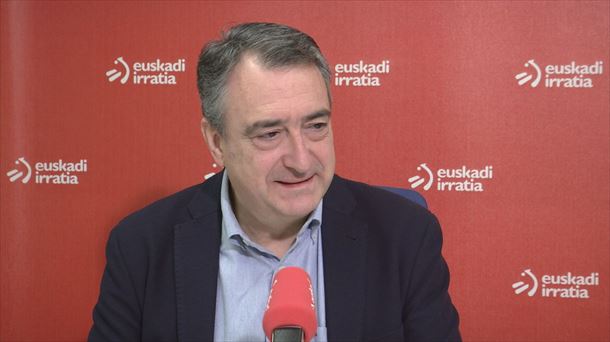In an interview on krone.tv, renowned professor of criminal law Robert Kert provides insight into the months of work of the investigative committee surrounding Christian Pilnacek.
Specifically, it was about the possible political influence of domestic politicians on sensitive legal cases: “In general, we have been able to establish that the public prosecutors in Austria can really work independently. There is also no evidence of specific intervention by Wolfgang Sobotka. However, there are always discussions between well-known politicians and suspects in sometimes controversial cases.”
Information through personal conversations
In concrete terms, these personal conversations focus on the cases of a few prominent personalities. Kert: “A lot of information is exchanged. For example, what the current situation is in a certain procedure. In our opinion, however, this does not always correspond to the compliance regulations. There are often official meetings for which no minutes exist.” Typical gateways to the weakening of the independent judiciary are also excessively long procedure times. Kert: “An extension is often consciously accepted. For example, as in the Meinl process or in the Eurofighter area. And in general, it is clear from all our investigations and information evaluations that influence is most likely to occur in high-profile cases with prominent participants.”
The Public Prosecution Service is needed
The fact that there is still a political decision-making center around the Minister of Justice in Austria means that our legal system gets a bad rating compared to the EU. Kert: “This political decision-making leadership is problematic in Austria. It leads to a kind of political dependency on the public prosecutor’s office.” The introduction of a public prosecutor’s office would solve this problem.
Source: Krone
I am Ida Scott, a journalist and content author with a passion for uncovering the truth. I have been writing professionally for Today Times Live since 2020 and specialize in political news. My career began when I was just 17; I had already developed a knack for research and an eye for detail which made me stand out from my peers.



